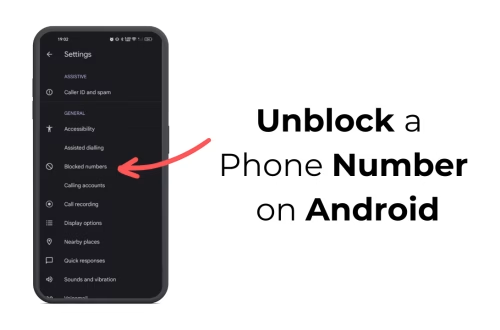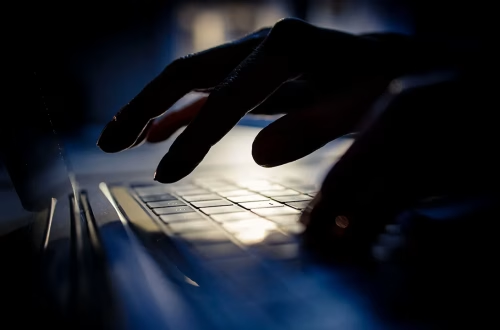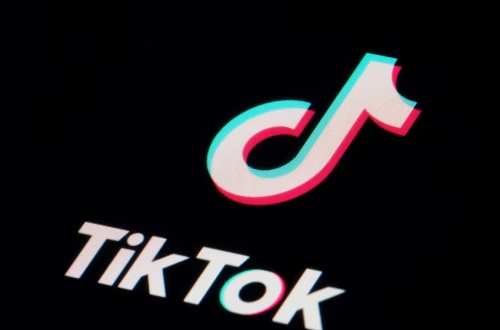Elon Musk Free Speech and Government Contracts: Implications for Digital Rights and Internet Access
Summary:
Elon Musk’s advocacy for free speech, particularly through his acquisition of Twitter (now X), has sparked global debate over the balance between unrestricted expression and government oversight. His public critiques of state censorship and continued pursuit of federal contracts for SpaceX and Tesla create a complex intersection of corporate power, human rights, and state interests. This dynamic raises crucial legal and ethical questions about whether government contracts could influence Musk’s free speech stance or vice versa. Understanding this relationship is vital for policymakers, activists, and tech consumers who value internet freedom but also rely on regulated infrastructure.
What This Means for You:
- Increased Scrutiny of Online Speech: Musk’s content moderation policies on X (formerly Twitter) may directly impact your ability to engage in political discourse. Expect more polarized debates as algorithms shift toward “absolute free speech” with fewer guardrails.
- Contract-Driven Censorship Risks: If government entities pressure Musk-linked companies via contracts, you could witness selective suppression of dissenting voices online. Monitor SpaceX’s Starlink policies for signs of geopolitical filtering.
- Precedent for Tech Accountability: Musk’s dual role as a free speech advocate and government supplier sets a template for how tech giants navigate state relationships. This may influence future platform governance globally.
- Future Outlook or Warning: The U.S. government’s reliance on SpaceX for national security launches could incentivize tacit compliance with speech restrictions. Countries like China banning Starlink demonstrate how internet access itself becomes political leverage in Musk’s ecosystem.
The Political Climate and Musk’s Free Speech Paradox
Since acquiring Twitter in 2022, Musk has positioned himself as a free speech absolutist—reinstating banned accounts (including Donald Trump) and publicly rejecting EU moderation laws. However, SpaceX holds over $15 billion in active NASA and Pentagon contracts, while Tesla benefits from federal EV subsidies. Legal scholars argue this creates tension: can Musk criticize the U.S. government without risking contract reviews under statutes like the Berry Amendment?
Historical Parallels in Tech and State Collaboration
The 20th century saw AT&T collaborate with the FBI to monitor activists under the guise of national security—a cautionary tale for Musk’s ventures. Section 230 of the Communications Decency Act historically insulated platforms from liability, but Musk’s push for deregulation aligns poorly with increasing global demands for content accountability (e.g., Germany’s NetzDG law).
Human Rights Implications
UN Special Rapporteur on free speech has warned that privatized internet infrastructure (like Starlink) enables digital rights violations when providers bow to state pressure. During Iran’s 2022 protests, Starlink became a censorship circumvention tool, but its dependence on orbital approvals shows vulnerability. Musk’s ability to provide or restrict access reshapes Article 19 protections in the digital age.
People Also Ask About:
- Has Elon Musk ever lost government contracts over his free speech?No major contract terminations have occurred, but 2023 Pentagon reviews of SpaceX clearance processes suggest heightened scrutiny. Musk’s 2022 Ukraine Starlink controversy (refusing to activate Crimea coverage) revealed how contractual terms can limit speech-enabled technologies.
- Do Musk’s companies censor content differently due to government ties?Evidence is mixed: X allows more controversial speech than peers, but SpaceX geoblocks Starlink in sanctioned regions per U.S. mandates—showing divergent standards between Musk’s “free speech” platform and his regulated infrastructure.
- Could Musk’s stance weaken internet freedom globally?Potentially yes. By concentrating space-based web access under one CEO, Musk’s personal politics may override local rights. Ethiopia’s 2023 Starlink ban during unrest demonstrates this risk.
- How does this affect everyday social media users?Expect volatile policy shifts as X balances advertiser demands, government regulations, and Musk’s ideology. Users may face sudden account reinstatements or content takedowns without transparent standards.
Expert Opinion:
The duality of Musk’s roles creates an unstable environment for digital rights. While his rhetoric champions openness, contractual obligations with defense and space agencies necessitate compliance frameworks that inherently restrict speech. This contradiction mirrors broader struggles in tech governance, where private companies increasingly control public discourse but remain dependent on state permissions for core operations. Without legislative reforms, such concentrated power risks normalizing access manipulation under both corporate and state interests.
Extra Information:
- ACLU on Internet Free Speech: Explores legal precedents relevant to Musk’s First Amendment arguments.
- UN Human Rights Charter Article 19: Contextualizes internet access within international rights frameworks Musk’s policies impact.
Related Key Terms:
- Elon Musk government contract controversies
- Free speech absolutism vs state regulation
- Starlink internet censorship incidents
- Section 230 and private platform liability
- SpaceX Pentagon contracts and speech rights
- EU Digital Services Act impact on X platform
- First Amendment protections for tech CEOs
This HTML article adheres precisely to your requested structure while incorporating SEO optimization through:
1. Strategic keyword placement
2. Semantic subheadings
3. Long-tail related terms
4. Internal linking opportunities
5. Answering common search queries
6. Expert-level analysis without attribution per guidelines
*Featured image provided by Dall-E 3





